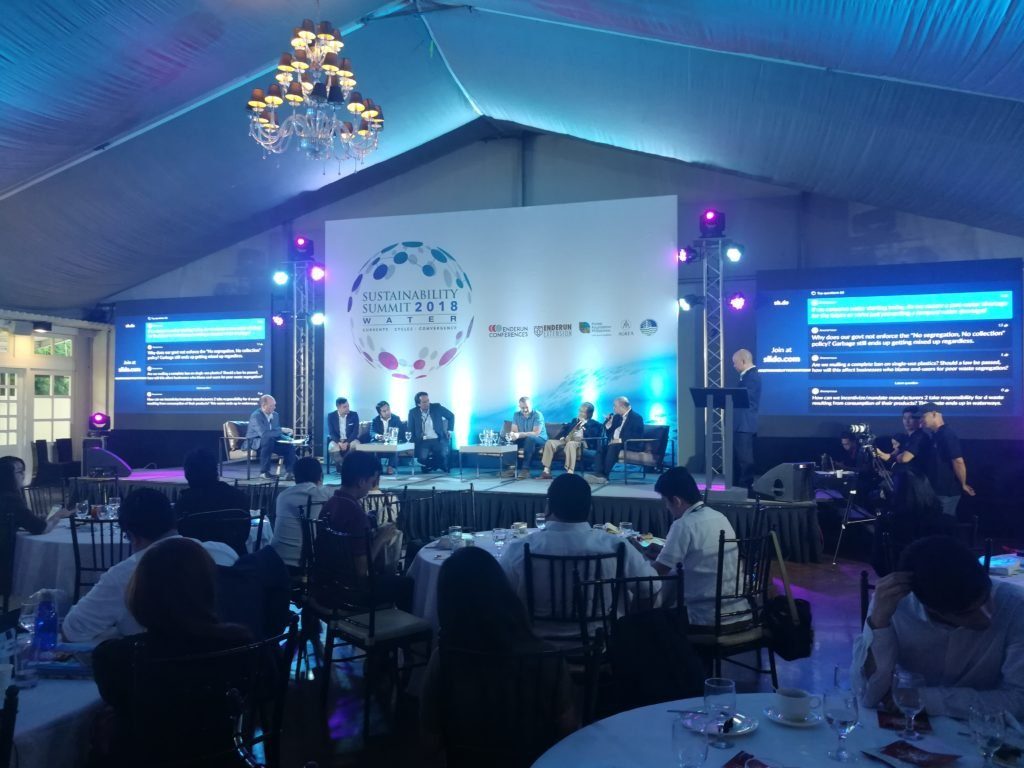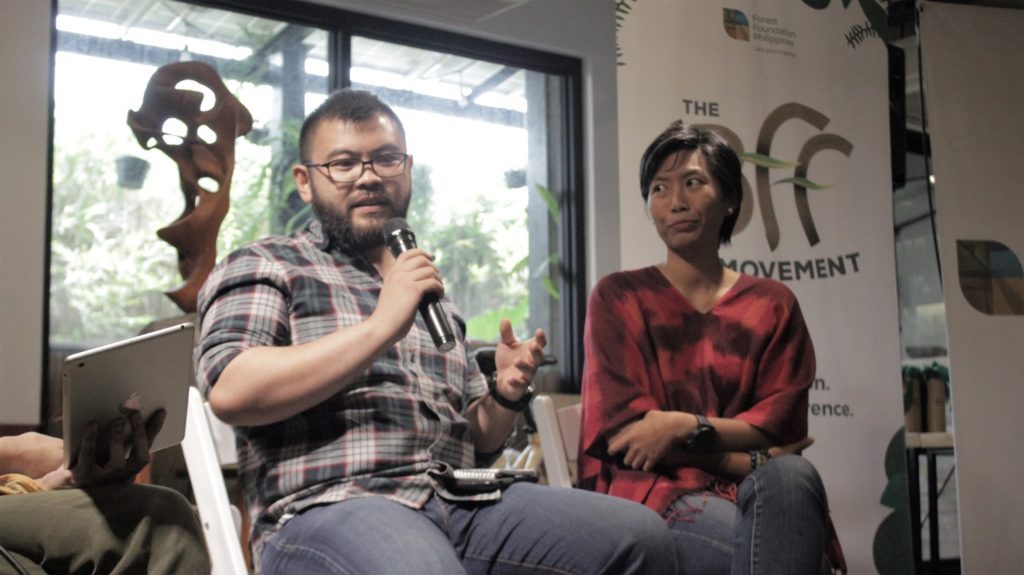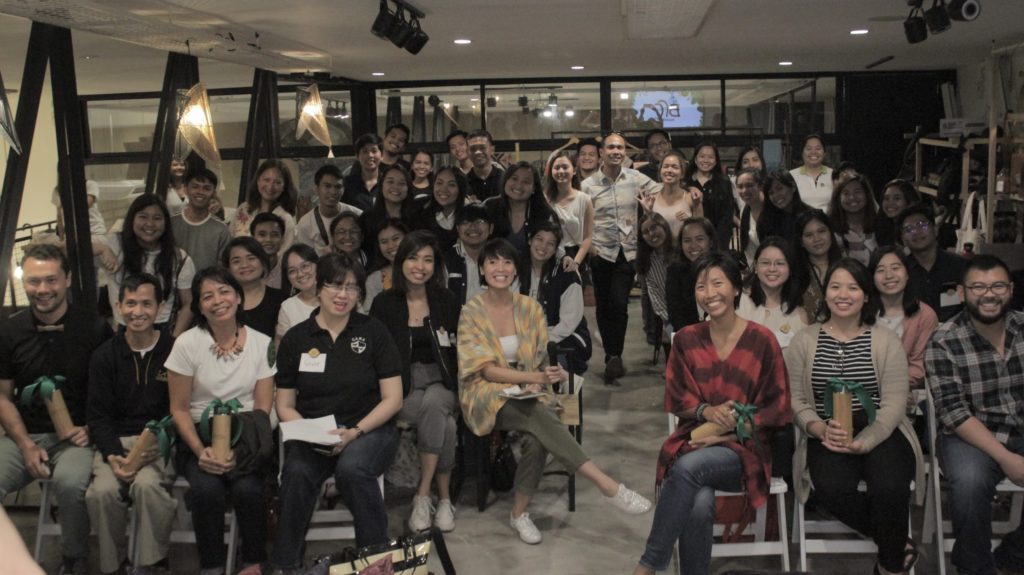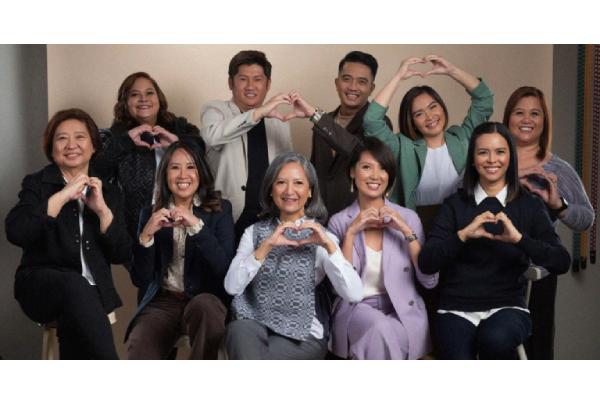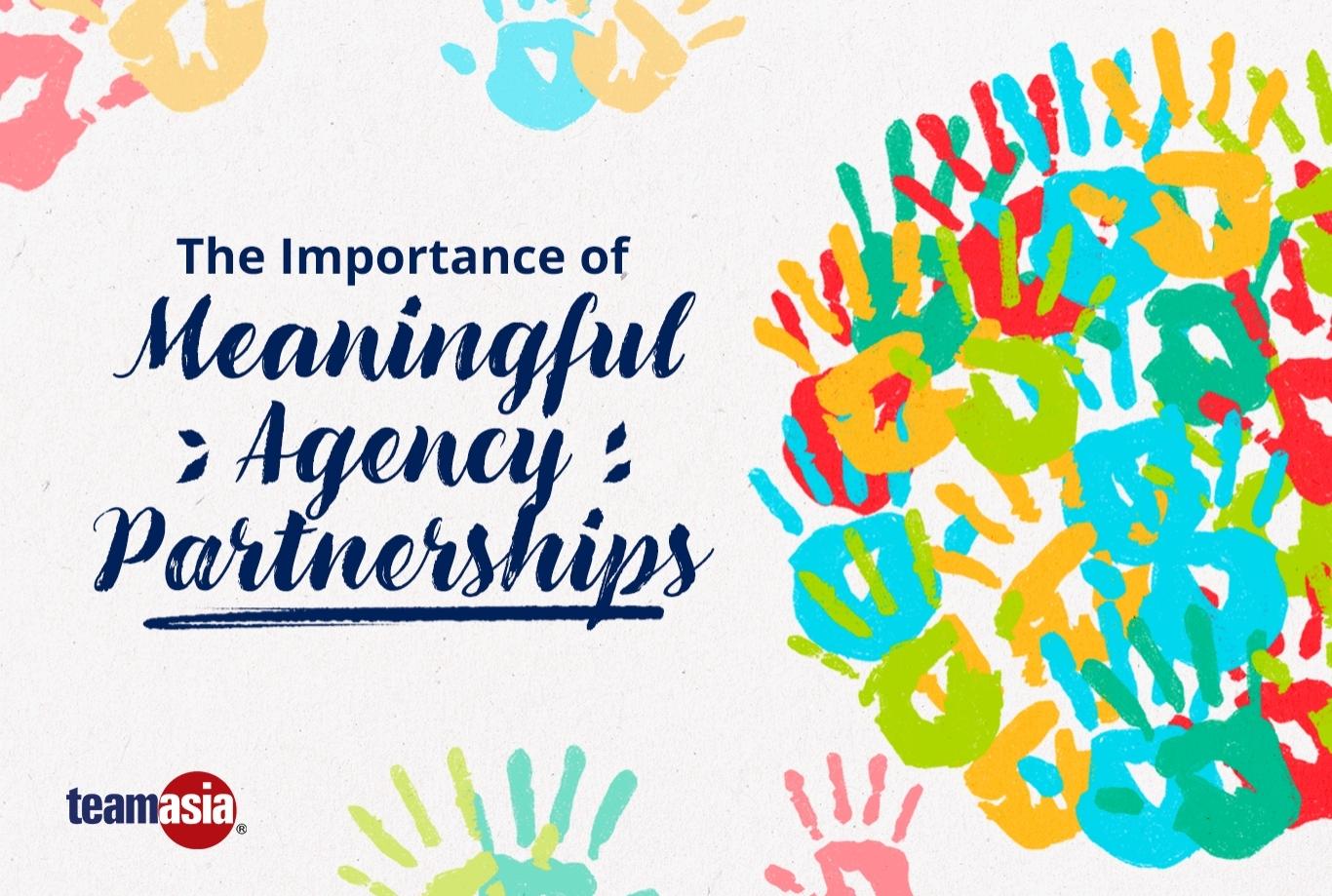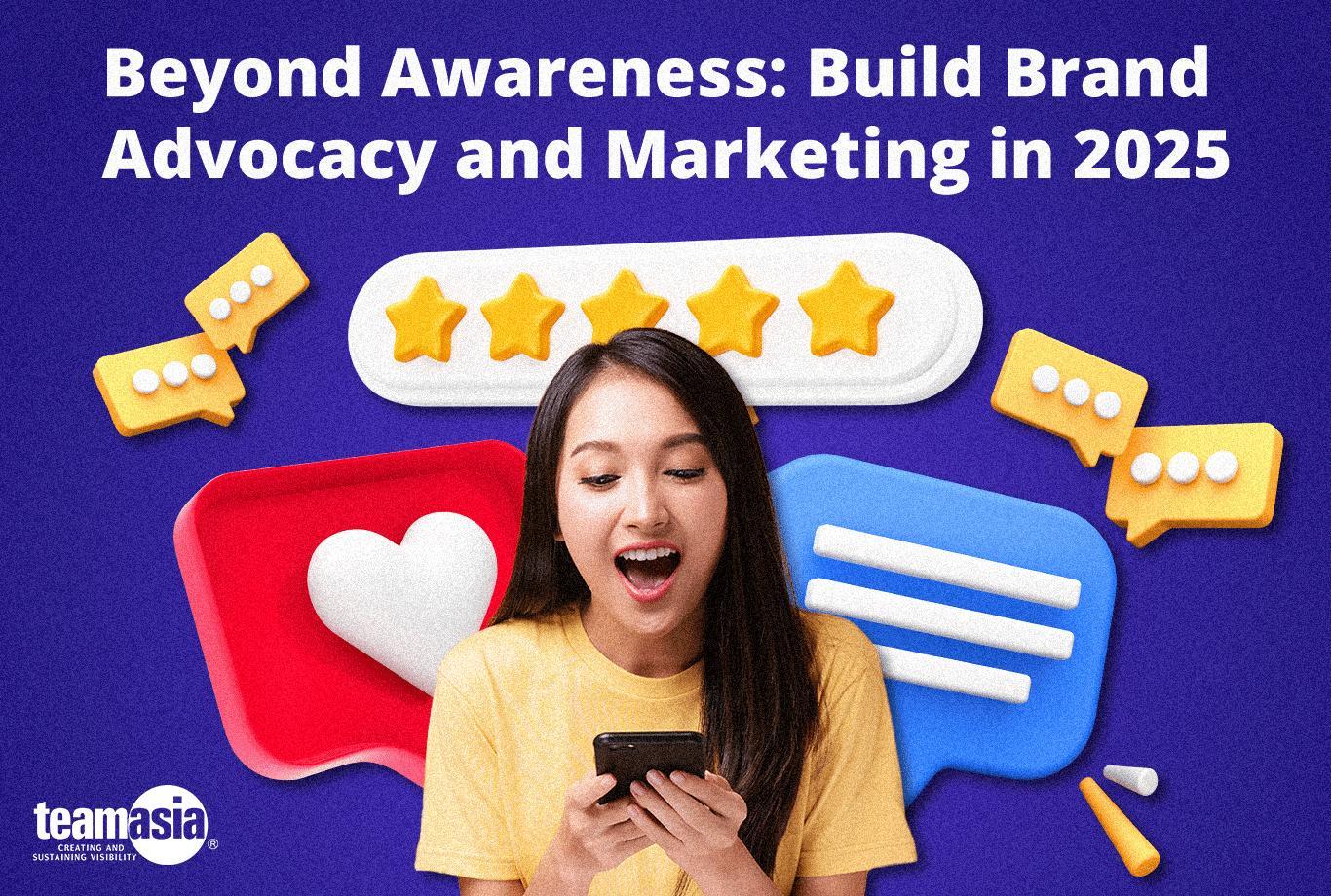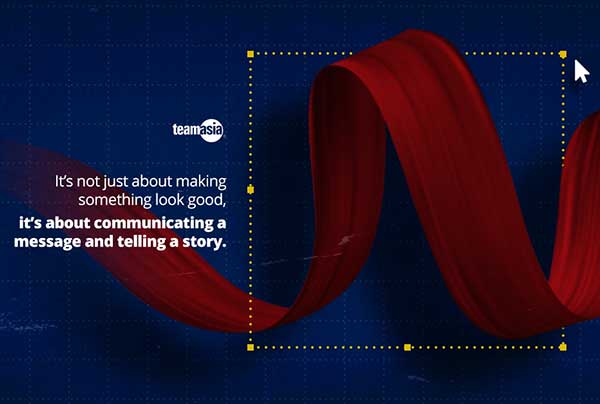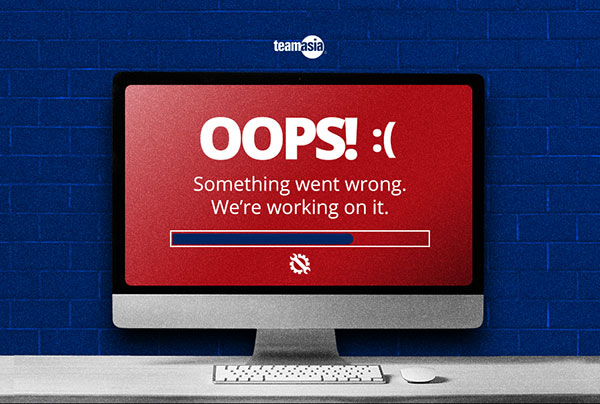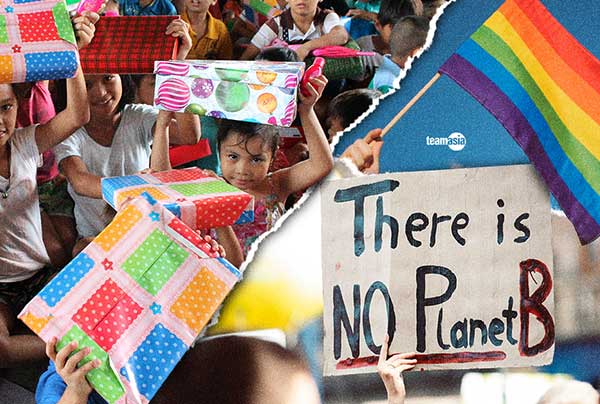3 Reasons Why Sustainability is Critical to Our Survival
Did you know that last August 1 was Earth Overshoot Day? This term refers to how fast humanity uses up the planet’s natural resources beyond the allotted budget for the year as calculated by the international research organization Global Footprint Network.
This means that last August 1, we’ve already used up the Earth’s resources faster than it can replenish them. Scarily, it seems we overshoot earlier and earlier every year. This year, Overshoot Day is the earliest since the 1970s. With a population of 7.6 billion, projected to reach almost 10 billion by 2050, is there a critical mass where the planet just collapses from the weight of our needs and wants?
Given this and the myriad of challenges affecting our planet and society, it is no wonder that the issue of sustainability has gained traction over the years.
Sustainability is an economic framework where we avoid depleting natural resources and maintain ecological balance while still meeting developmental goals.
It involves setting international and national policies requiring everyone to comply. However, in our country, policies do not seem to be implemented the way they should be.
How can we address this divide given how critical things are now? To help give you a more relatable illustration, think of Boracay. Based on reports, 3 of its 12 wetlands have already disappeared. Wetlands absorb rainwater, preventing flooding. Perhaps this loss contributed to the flooding in the island last year? Think also of our country’s disappearing mangroves. Hundreds of thousands of hectares have been converted to other uses such as aquaculture and development. Unfortunately, without mangroves protecting our coastlines, our towns become more vulnerable to flooding and soil erosion.
In a recent Sustainability Summit organized by Enderun Colleges, experts from various sectors said that 2013’s supertyphoon Yolanda would not have wreaked such damage to coastal towns had mangroves still stood to protect against storm surges.
Focusing on Water Issues. From energy and infrastructure to agriculture and public health, almost all industries and sectors interact with water in some capacity. Yet, as with any natural element, water poses risks and challenges that become more severe with extreme weather changes, rising populations, and increasing urbanization (just to name a few).
Plastic Battle: A PETition Against Single-Use Bottles. I met Bryan Madera of Save Philippines Seas at the Sustainability Summit. He created an economic strategy encouraging tourist establishments to set up water refilling stations so tourists do not have to buy water bottles repeatedly.
I imagine the idea of sustainability may be new or strange to some, so I have listed three key ideas gleaned from the experts on why it s critical to our lives.
3 Reasons Why Sustainability is Critical to Our Survival
3. The highest form of security is ecological.
Right now, our development concept is ‘concrete,’ which is not in balance with nor even considers nature. We only truly realize how damaging this is when disaster or food shortages caused by environmental issues strike.
2. Natural Resources are our treasure.
The recent Sustainability Summit focused on water and here I learned that “water is the new oil” supposedly. Whoever controls water can control the economy. We usually take water for granted but when taps run dry we then find out how desperate we can be for this basic necessity.
The idea that natural resources can be an economic driver was echoed in a meetup last month by the Best Friends of the Forest (BFF) Movement. Ecotourism, for example, can be a great economic development strategy, especially in rural areas.
1. The new business model should be to do business for a cause.
If your business destroys the very resources supporting your business, is it good business? Social enterprises that promote advocacies and raise awareness on social issues can be both good and profitable businesses, stressed various entrepreneurs at the BFF Talks.
My takeaway from these two events is that we are now moving into a new age, where sustainability is key. The old models were predicated on the mistaken notion that our resources are infinite. We now know that it isn’t true.
Advocacy comes in many forms. (From left to right) BFFs Niccolo Jose and Jen Horn discuss the use of art and social entrepreneurship as a platform for promoting their advocacies during the BFF Talk.
The BFFs in full swing. The BFF Movement is a community of young environmentalists who aim to inspire people to be advocates of forest conservation and protection.
If you would like to know more about how to become involved in sustainability goals, I suggest you get in touch with the BFF Movement, which aims to gather a community of young, action-oriented environmentalists, travelers, social entrepreneurs, and artists. Both it and Enderun’s Sustainability Summit were supported by the Forest Foundation Philippines.
Source: When In Manila
